About
The Partnership boosts the transformation towards a climate-neutral, sustainable, productive and competitive blue economy. We aim to restore the ocean’s health, resilience and services to people by enabling economic activity that is climate-neutral, sustainable and productive.
Vision
- by 2030: give the transformation towards a climate-neutral, sustainable, productive and competitive blue economy a boost
- by 2050: create and support the conditions for a healthy ocean for the people
Through this vision we work together to support key EU policy objectives of Green transition, digital transformation and recovery and ultimately contribute to the Sustainable Development Goals.
investments
over 7 years
the European Commission
Facts & Figures
Intervention areas
Intervention Areas are set in the Annual Work Programme of the Partnership and are based on the Strategic Research and Innovation Agenda and the Member States and Associated Countries’ priorities. Intervention Areas for future calls and activities will be developed according to an annual cycle.
2026
A more prominent role for cross-cutting enablers has been given to the 2026 Intervention Areas. This highlights the importance of Digital Twins of the Ocean and digitalisation, as well as the implementation of nature-based solutions (NBS) and the inclusion of the social sciences and humanities (SSH) dimension, across all intervention areas. For this reason, a dedicated intervention area on Digital Twins of the Ocean has been removed.
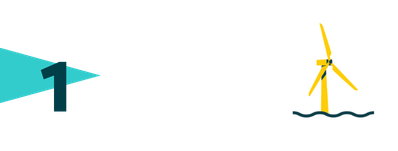

Transitioning Blue Economy Sectors
This Intervention Area accelerates the transformation towards sustainability, competitiveness, and strategic autonomy of the blue economy sectors related to energy, food, underwater domain, and marine communication infrastructures. The prospective EU-wide growth and development of blue economy sectors align well with the cross-sectoral collaboration approach of IA, particularly its focus on co-existence and the multi-use of ocean space and infrastructure.
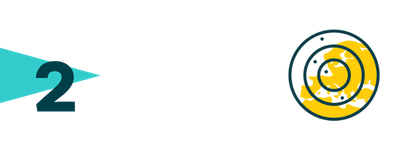

Managing Sea-Uses
This Intervention Area addresses the need for innovative tools and science-based approaches to sustainable, ecosystem-based planning and management of sea uses. In the spirit of the upcoming EU Ocean Pact and the Water Resilience Strategy's source to sea approach, the Intervention Area contributes to interlinking maritime spatial planning (MSP), the Marine Strategy Framework Directive (MSFD), the Common Fisheries Policy (CFP), and the Nature Restoration Regulation (NRR) with a focus on the regional dimension.
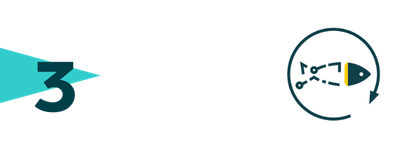

Blue Bioresources
This Intervention Area addresses R&I needs to support a just transition to the sustainable production and utilisation of blue bioresources, with emphasis on processes and production methods that minimise environmental impacts while meeting the demand for healthy and affordable blue food, feed, and other biobased products.
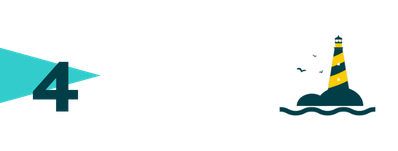

Resilient Coastal Communities and Businesses
This Intervention Area tackles the risks and opportunities for European coastal communities, businesses and infrastructures in the context of climate change, marine environmental degradation, technological advances, and cyclical economic and political shocks. This will require interdisciplinary research to enable a just and efficient transition to low-impact, sustainable coastal economy, fostering resilience and delivering a diversity of economic opportunities and thriving coastal communities.
2025
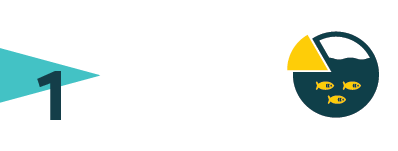

Digital Twins of the Ocean
This Intervention Area proposes a multidisciplinary, long-lasting research and innovation activity that focuses on the development of twin technology for spatially limited areas at sea-basin level. The activity aims to improve our understanding of the relations among essential systems at sea-basin level and ultimately support the development of AI based simulation and prediction capabilities for European oceans.
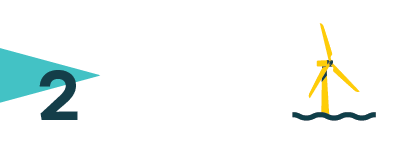

Blue Economy Sectors
The Intervention Area covers all sectors of the blue economy, focusing on the prerequisites for a green and digital transition of these sectors and on the conditions for co-existence and multi-use of activities and infrastructures at sea. The main aim of the Intervention Area is to support the optimal use of resources in European oceans and seas in terms of space and material flows while ensuring the conditions for sustainability and reducing environmental pressures.


Managing Sea-Uses
The Intervention Area addresses the need for innovative tools and approaches to the sustainable planning and management of sea-uses, interlinking maritime spatial planning (MSP), the marine strategy framework directive (MSFD), common fishery policy (CFP), and the marine protected areas (MPAs) with a focus on the regional dimension.
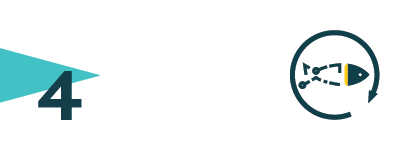

Blue Bioresources
The Intervention Area addresses research and innovation needs to support a just transition to the sustainable production and utilization of blue bioresources, with emphasis on production and processes that minimise the environmental impacts while meeting the demand for healthy and affordable blue food, feed, and other biobased products.


Resilient Coastal Communities and Businesses
This Intervention Area tackles the risks and opportunities for coastal communities, businesses, and infrastructures in the context of climate change and marine environmental degradation, addressing coastal and maritime tourism as well as the conditions for coastal social-ecological systems to deliver ecosystem-services for nature and people.
2024


Digital Twins of the Ocean
This Intervention Area proposes a multidisciplinary, long-lasting research and innovation activity that focuses on the development of twin technology for spatially limited areas at sea-basin level. The activity aims to improve our understanding of the relations among essential systems at sea-basin level and ultimately support the development of AI based simulation and prediction capabilities for European oceans.


Blue Economy Sectors
The Intervention Area covers all sectors of the blue economy, focusing on the prerequisites for a green and digital transition of these sectors and on the conditions for co-existence and multi-use of activities and infrastructures at sea. The main aim of the Intervention Area is to support the optimal use of resources in European oceans and seas in terms of space and material flows while ensuring the conditions for sustainability and reducing environmental pressures.


Managing Sea-Uses
The Intervention Area addresses the need for innovative tools and approaches to the sustainable planning and management of sea-uses, interlinking maritime spatial planning (MSP), the marine strategy framework directive (MSFD), common fishery policy (CFP), and the marine protected areas (MPAs) with a focus on the regional dimension.


Blue Bioresources
The Intervention Area addresses research and innovation needs to support a just transition to the sustainable production and utilization of blue bioresources, with emphasis on production and processes that minimise the environmental impacts while meeting the demand for healthy and affordable blue food, feed, and other biobased products.
2023
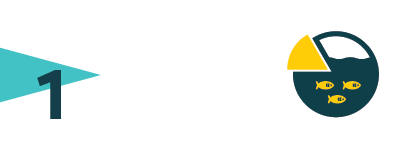

Development and validation of Digital Twins of the Ocean at sub-sea-basin scale
2023
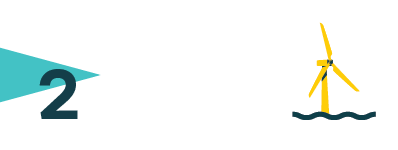

Blue generation marine structures
2023


Planning and managing sea uses
2023
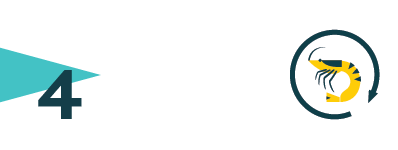

Healthy 'Blue Food' under a 'One Health' approach
2023


Enabling the green transition of 'Blue Food' production
2023
How can you engage?
The Partnership seeks to engage stakeholders across ocean industry sectors, policy, scientific disciplines, and civil society. You can engage in six co-funded calls over the seven-year timeframe 2022-2029. We will further add value with complementary actions and resource mobilisation, including:
- research infrastructures
- thematic programmes
- streamlining other funding sources
As a Partnership, we engage with initiatives at the level of sea basins and the Atlantic Ocean. At global level, we promote the EU approach to a sustainable blue economy. We seek synergies with other Partnerships and the Mission Restore our Seas and Oceans. In parallel, we are establishing a community of practice with different stakeholders to co-design activities.
Secretariat
- Ministry of Universities and Research, Italy - sbep@mur.gov.it
Brussels office
- Julie Olivier, j.olivier@fz-juelich.de
- Angiolo Boncompagni, angiolo.boncompagni@est.mur.gov.it
- Frode Dal Fjeldavli, fdf@forskningsradet.no
- Claire Hellio, sbep@agencerecherche.fr
Sea basin nodes
- Atlantic Ocean
Ireland, Majbritt Bolton-Warberg, majbritt.bolton-warberg@marine.ie
Portugal, Natalia Ospina-Alvarez, natalia.ospina@aircentre.org - Baltic Sea
Estonia, Ayrton Huus,
ayrton.huus@kliimaministeerium.ee
Poland, Monika Wloszek, monika.wloszek@ncbr.gov.pl - Black Sea
Bulgaria, Milen Baltov, mbaltov@bfu.bg
Georgia, Ekaterine Gogniashvili, gogniashvili@rustaveli.org.ge
Türkiye, Gülsima Dilek Usluer, gulsima.usluer@tubitak.gov.tr
Ukraine, Hryhorii Mozolevych, hryhorii.mozolevych@mon.gov.ua Mediterranean Sea
Greece, Georgia Anousaki, g.anousaki@gsrt.gr
Malta, Christy Baldacchino, christy.baldacchino.2@gov.mt
Tunisia, Hayet Souai, souaihayet@gmail.comCroatia, Tanja Lukanovic, tanja@hrzz.hr
- North Sea
Belgium, Ann-Katrien Lescrauwaet, ann.katrien.lescrauwaet@vliz.be
Netherlands, Lisette Enserink, lisette.enserink@rws.nl
Partners
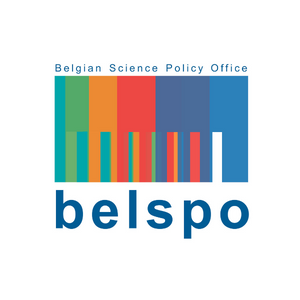

Belgian Science Policy Office - BELSPO
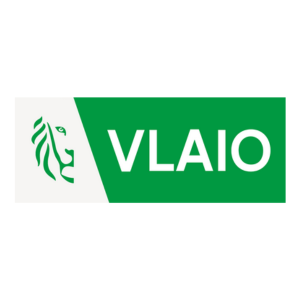

Flanders Innovation & Entrepreneurship
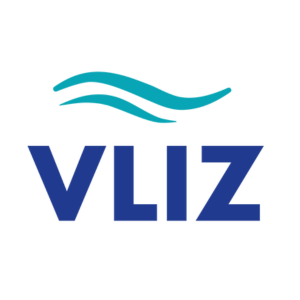

Flanders Marine Institute


Fund for Innovation and Entrepreneurship - FIO - VLAIO


Fund for Scientific Research - FRS - FNRS
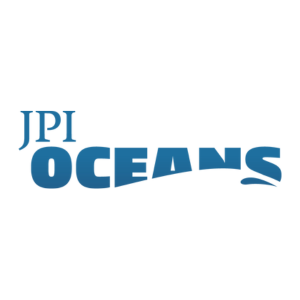

Joint Programming Initiative Healthy and Productive Seas and Oceans
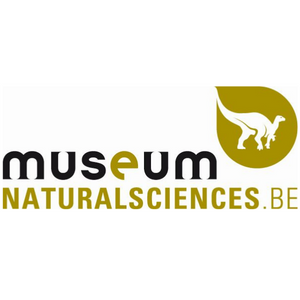

Royal Belgian Institute of Natural Sciences


Scientific Research Fund - FWO
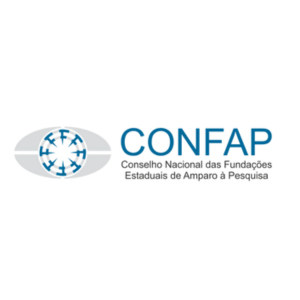

Brazilian National Council of State Funding Agencies


Bulgarian Ministry of Education and Science - MES


Burgas Free University
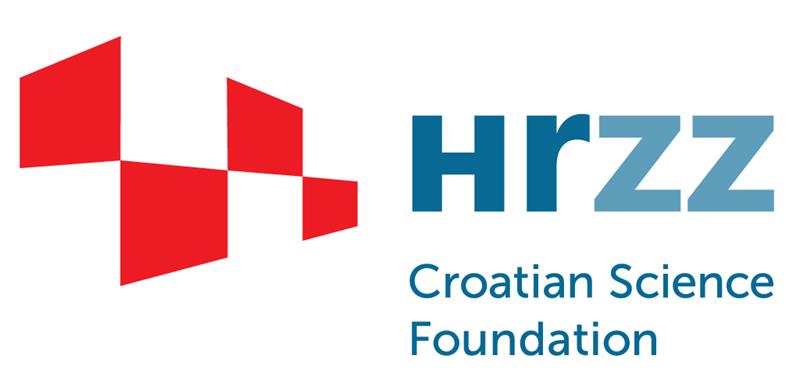

Croatian Science Foundation
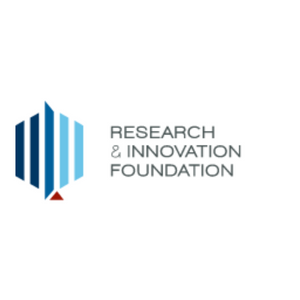

Research & Innovation Foundation
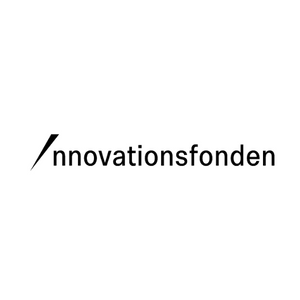

Innovation Fund Denmark
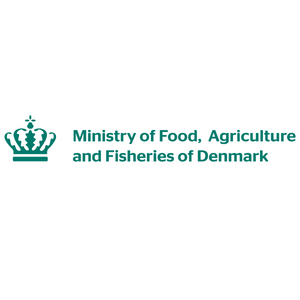

Ministry of Food, Agriculture and Fisheries of Denmark
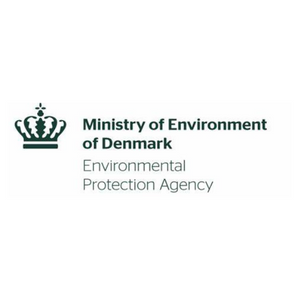

The Danish Environmental Protection Agency
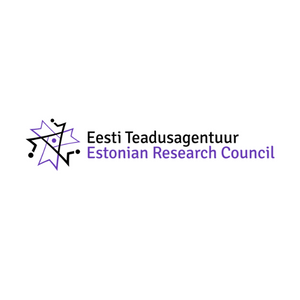

Estonian Research Council
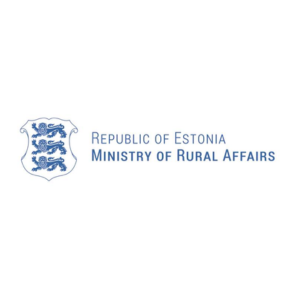

Ministry of Rural Affairs
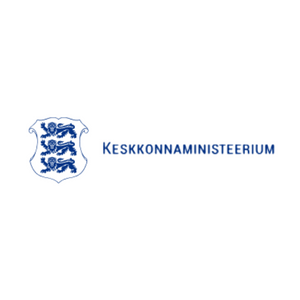

Ministry of the Environment
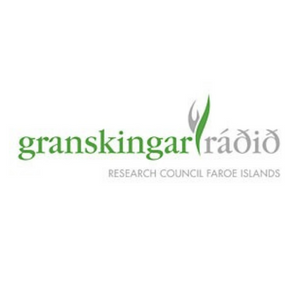

Research Council Faroe Islands
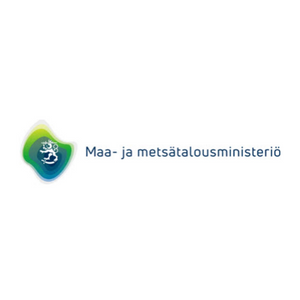

Ministry of Agriculture and Forestry of Finland
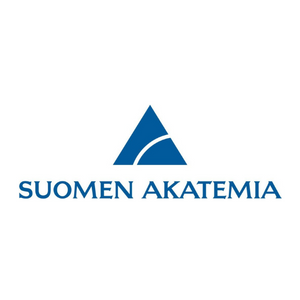

Research Council of Finland - AKA
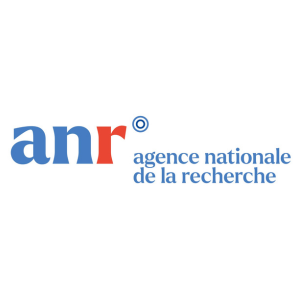

National Research Agency - ANR
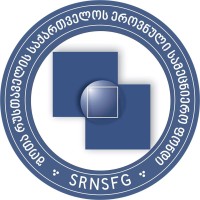

Shota Rustaveli National Science Foundation of Georgia - SRNSFG


Alfred Wegener Institute for Polar and Marine Research
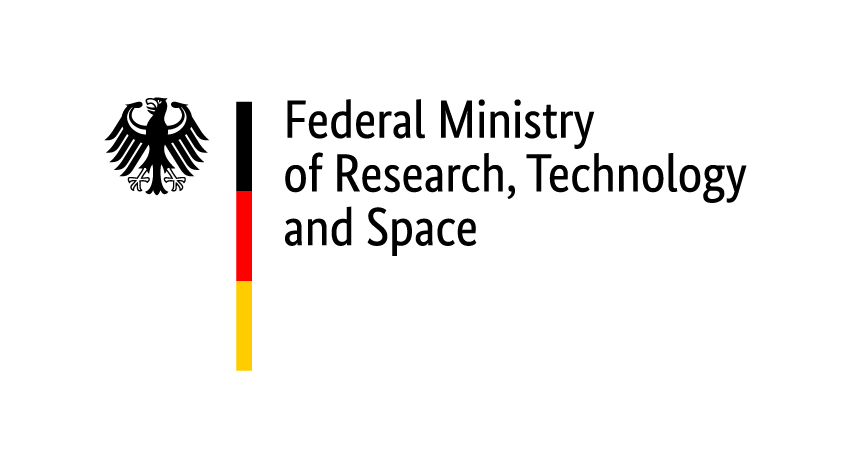

Federal Ministry of Research, Technology and Space - BMBF
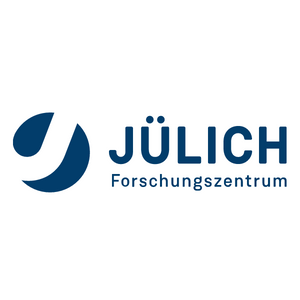

Forschungszentrum Jülich GmbH


German Federal Maritime and Hydrographic Agency


Helmholtz Centre for Ocean Research Kiel


Johann Heinrich von Thünen Institute


Leibniz Centre for Tropical Marine Research


Leibniz Institute for Baltic Sea Research Warnemünde
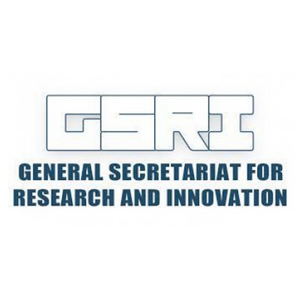

General Secretariat for Research and Innovation - GSRI
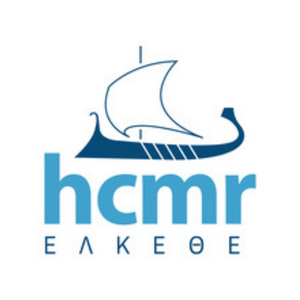

Hellenic Centre for Marine Research
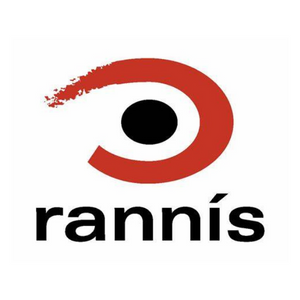

Icelandic Centre for Research
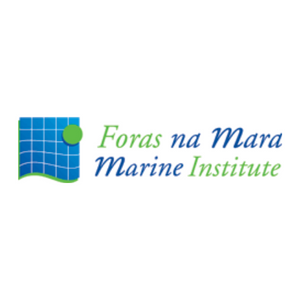

Marine Institute


Research Ireland
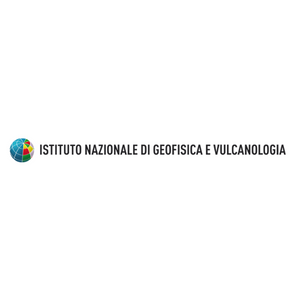

National Institute of Geophysics and Volcanology
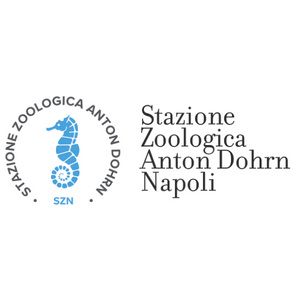

Anton Dohrn Zoological Station
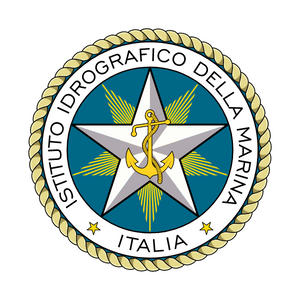

Hydrographic Institute of the Navy
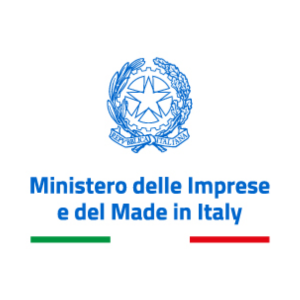

Ministry of Enterprises and Made in Italy
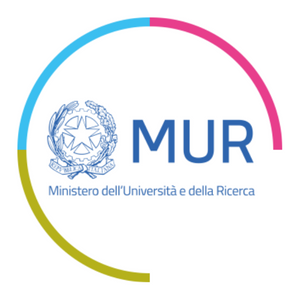

Ministry of University and Research
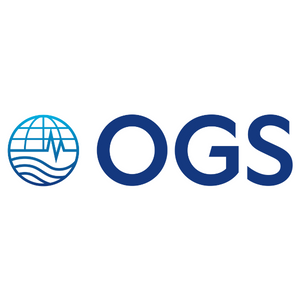

National Institute of Oceanography and Experimental Geophysics
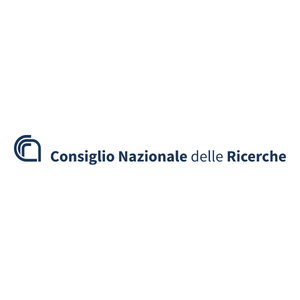

National Research Council
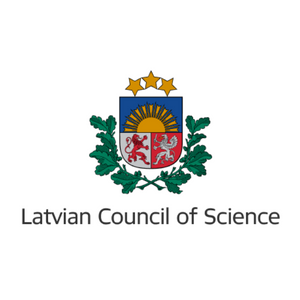

Latvian Council of Science - LZP
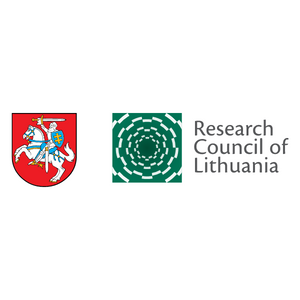

Research Council of Lithuania
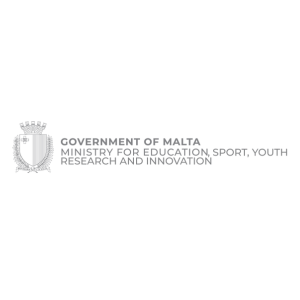

Ministry for Education, Sport, Youth, Research and Innovation
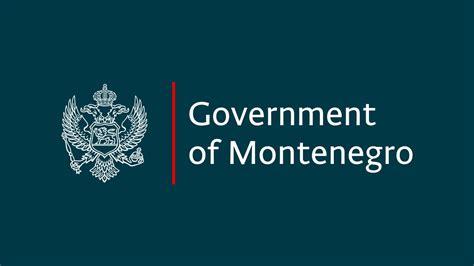

Montenegro - Ministry of Education, Science and Innovation - MESI
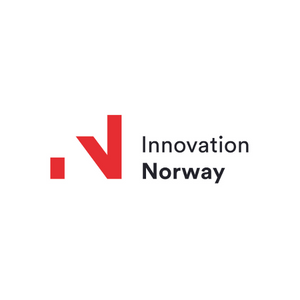

Innovation Norway
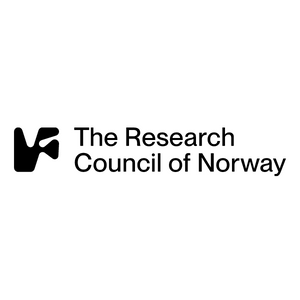

Research Council of Norway


National Centre for Research and Development
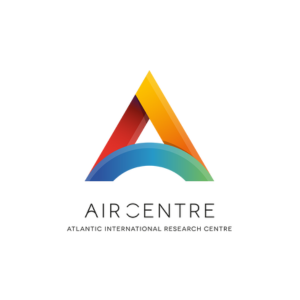

Atlantic International Research Centre


Commission for Coordination and Regional Development of the Centre - CCDRC


Directorate-General for Maritime Policy
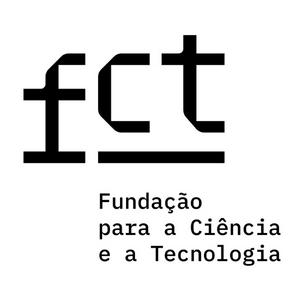

Foundation for Science and Technology - FCT


Fundo Azul
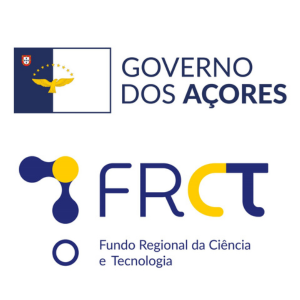

Regional Fund for Science and Technology


National Institute for Research and Development on Marine Geology and Geo-ecology
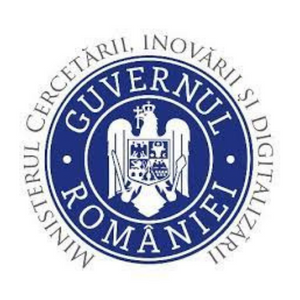

Romanian Ministry of Research, Innovation and Digitization - MCID
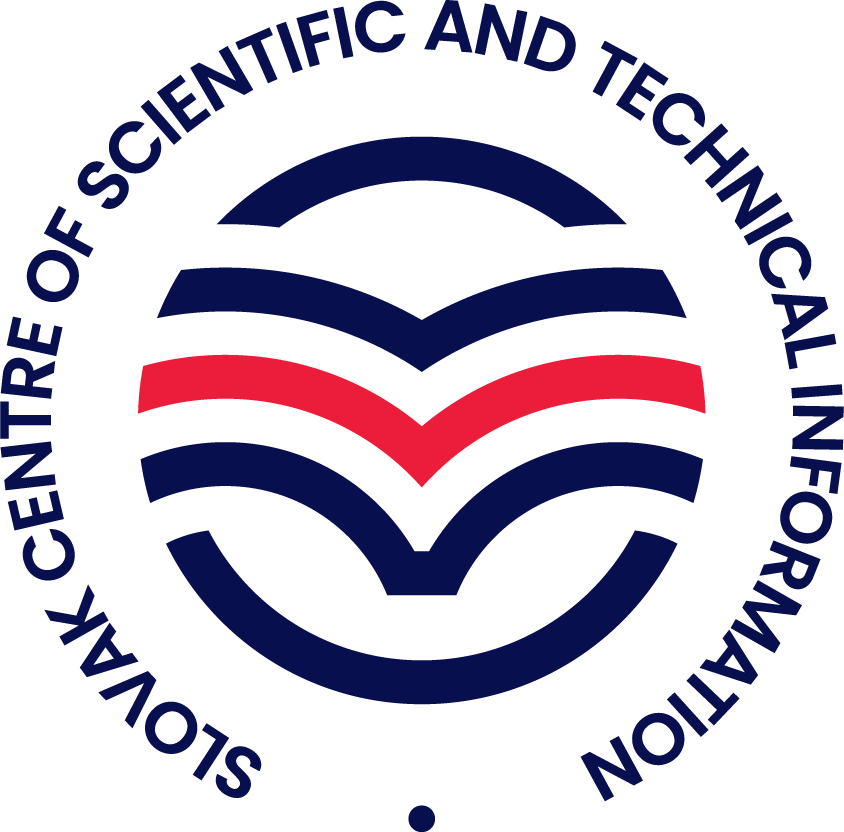

Slovak Centre of Scientific and Technical Information - SCSTI
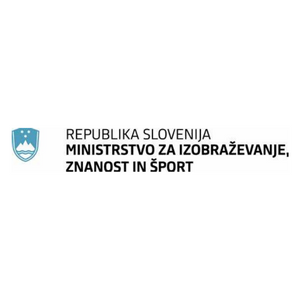

Ministry of Education, Science and Sport


Center for Technological Development and Innovation
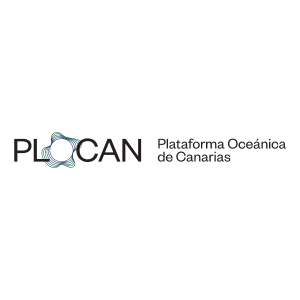

Oceanic Platform of the Canary Islands
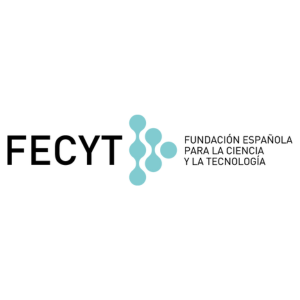

Spanish Foundation for Science and Technology


Spanish State Research Agency
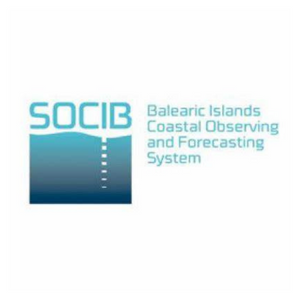

The Balearic Islands Coastal Observing and Forecasting System
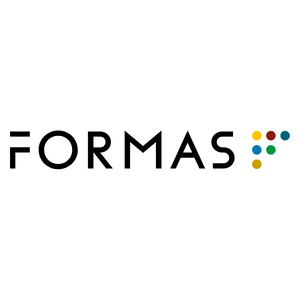

A Swedish Research Council for Sustainable Development
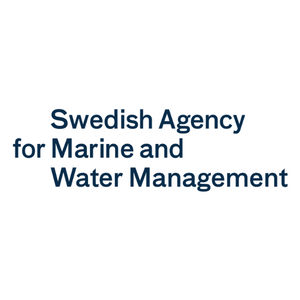

Swedish Agency for Marine and Water Management
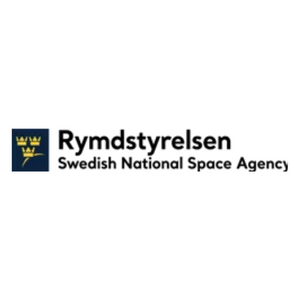

Swedish National Space Agency
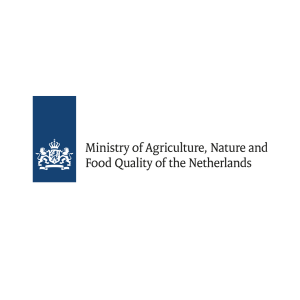

Dutch Ministry of Agriculture, Nature and Food Quality
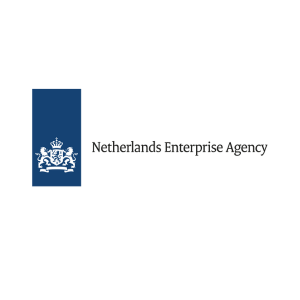

Ministry of Economic Affairs and Climate Policy
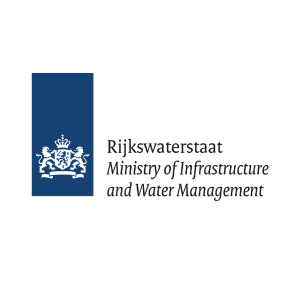

Ministry of Infrastructure and Water Management


The Dutch Research Council - NWO
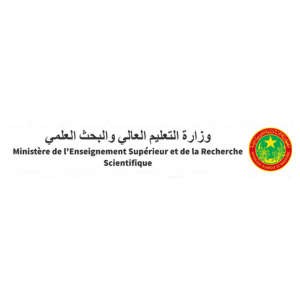

Tunisian Ministry of Higher Education and Scientific Research - MHERS


Scientific and Technological Research Council of Türkiye



